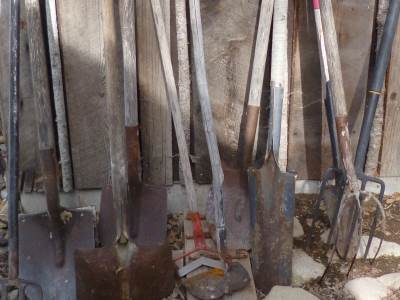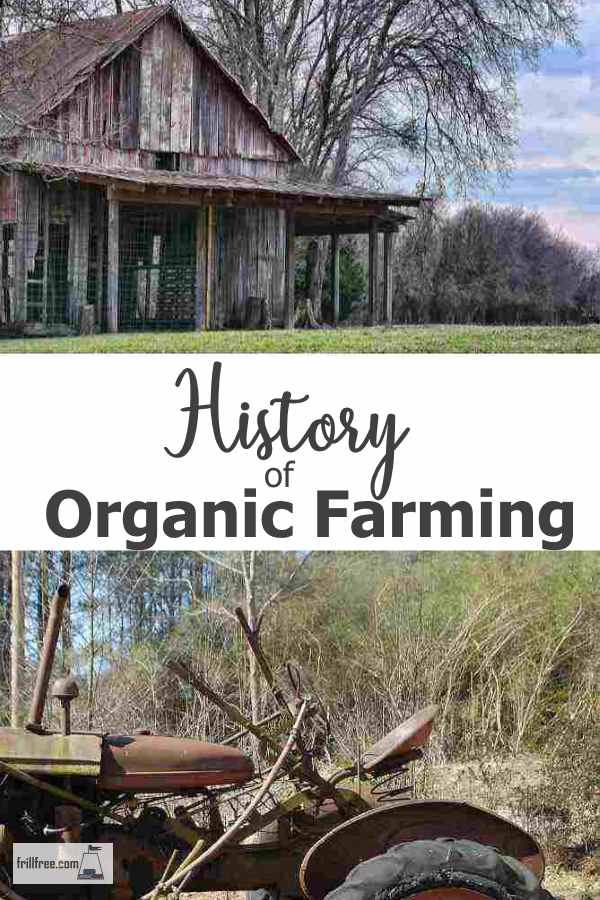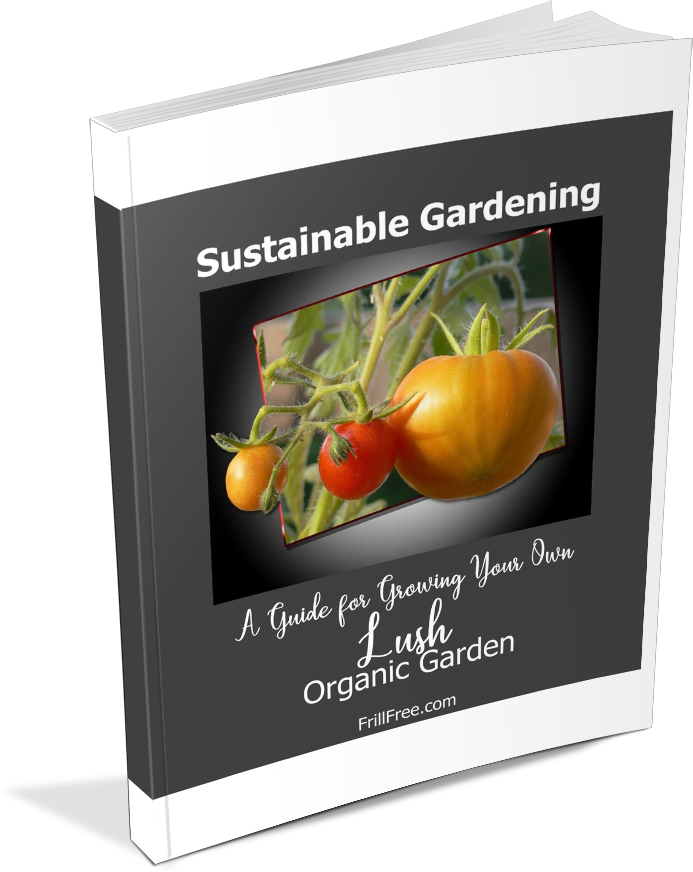- Homesteading
- Poison Free Gardening
- History of Organic Farming
History of Organic Farming
What goes around, comes around - it's karma
Organic farming has been around for centuries – after all, before the First World War, there were no chemicals.
Once DDT and other deadly pesticides were developed, their use became common place – they were touted as a magical cure.
Unfortunately, the side effects on the environment and in our bodies have been catastrophic.
Even though DDT has been banned for decades, it still turns up in breast milk – how scary is that?
Even though the mother herself may never have been exposed to DDT, it persists in the environment to such a degree that it is stored in fatty tissues, to be released at a very dangerous time in a young human’s life – infancy.
The history of organic farming in our times began with the backlash against chemical dominated agriculture, in the 1960’s – you’ve heard the phrase ‘back to the land’ – well, some determined people (hippies, they were called) refused to buckle down to the ‘establishment’ and went out on their own to start communes, live off the land, become vegetarian, and grow their own vegetables and food, in some cases, all of it.
An astonishing percentage of these people braved this lifestyle with no real knowledge of farming or gardening except their committed belief in clean food, the environment and living in concert with nature.
Permaculture began as a way of designing food gardens and forests.
It came about in response to the demand in Australia for an easy to follow and implement method, and a way of choosing land ideally suited for organic growing. Using Permaculture design to modify the environment only slightly can make a huge improvement in the amount of food it can produce.
The history of organic farming goes back further than living memory; it’s been discovered in the Amazon jungle by way of a really interesting method of preserving carbon in the soil with Biochar.
The ancient South American Indians used to burn farming debris to make a form of charcoal, which then bound the carbon, releasing it slowly over time.
The Black Earth of the Amazon is nutrient rich even today.
Composting to reintroduce organic matter back to the soil reached a new level with the work of Sir Alfred Balfour, with his intensive research in Idore, India.
This method of producing quick compost so as to be able to use it in a week or two is known as the Indore method - not a spelling mistake.
His wife, Lady Balfour also was very interested in soil, and how to improve it with compost. Even though they lived and worked in early 1920’s, their research and astute scientific experiments form the backbone of composting and soil improvement today.
 Tools used for organic farming
Tools used for organic farmingVermicomposting, the art and science of turning your garbage into black gold, was explained in detail by Oliver in this treatise about his grandfather’s way of utilizing the incredible amounts of manure produced by his farm in Kentucky.
Another pioneer and advocate of worm farming was the Worm Lady.
Since the largest botch up in recent history, the de-hedging of Britain, it’s been realized that removing the hedgerows and shelterbelts was not a good idea after all.
The windswept deserts that remain tell the story. In some areas, land that used to produce enough food for a whole town lies desolate; even more telling, there are sand dunes where once there were verdant fields.
At the same time, some people were experimenting in their own fields, determined to discover how to increase yields by other methods – ley farming, where the land is never plowed or disturbed is one way that was very successful.
What a surprise.
Now, in some areas no till farming is commonplace, however, some of these methods rely on large quantities of herbicide to achieve the goal of no disturbance to the soil, which seems to defy the logic behind it.
More recently, with more knowledge about the dangers of using chemical pesticides both to the people spraying them and to the environment, in many places they’ve been banned.
Unfortunately, with the markets in first world countries drying up, the companies making these chemicals are now selling them to third world countries, so they can make the same mistakes.
There are now bans on the public use of pesticides for ‘cosmetic’ use such as weed killers in grass fertilizer, wholesale spraying and distributing chemical fertilizer or herbicides on playing fields, road sides and other public places.
It’s also becoming harder for homeowners to purchase chemicals like glyphosate, more commonly sold as Round Up.
More and more people, city dweller and country folk alike, are turning to organic methods of gardening, raising their vegetables in the time honored ways that our great grand parents used.
Sadly, the knowledge has missed a generation or two, but fortunately, there are many Master Gardeners, Horticulturists and the gardening culture in general that want to pass along the right information.
If the history of organic gardening is anything to go by, one thing is certain: what’s old is new again, and never truer than in Organic Vegetable Gardening.













